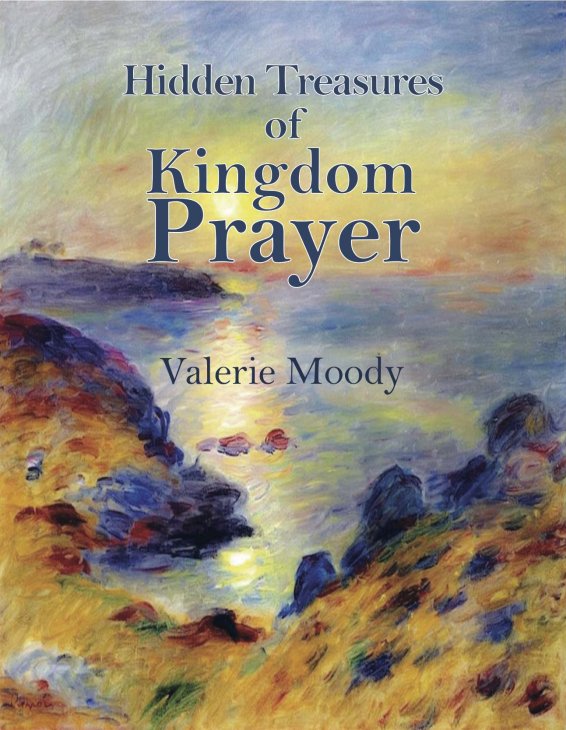
While interceding for the Jewish people, Queen Esther spent three days in tefillah prayer. She began with self-judgment. Her self-judgment equipped her for the monumental choices she had to make.
She knew that if the Jewish people perished, the words of the prophets would not be fulfilled. Then, there would be no Hebrew Messiah. Esther could perish with her people, or courageously intercede to establish them as the nation from whom the Mashiach, the Messiah of Israel, would come. This made her time in tefillah prayer — with fasting — of utmost importance.
Tefillah, the Hebrew word for prayer, calls for self-evaluation before praying. Tefillah magnifies the greatness of Elohim and the smallness of man, before a prayer is offered.
The English word “prayer” means to ask, beg, and implore. With this limited understanding, of prayer, people resort to prayer only in a crisis. Prayer is their emergency response to occasional trouble. They find themselves praying on the spot, without reflection, just when divine assistance is the only solution to their problems. This type of prayer feels familiar to American believers. Many of them pray exclusively in this manner.
But, the potency of Esther’s tefillah prayer changed history. It altered the destiny of her prophetically-chosen people.
Tefillah is the type of prayer which the Messiah Yeshua commended. In one kingdom parable, He described a tax collector who went to the Temple to pray. The tax collector would not lift up his eyes, but only beat his chest, exclaiming, “God! Have mercy on me, sinner that I am!”
The man’s words flowed from self-judgment, which is a constructive biblical process. Tefillah prayer, far beyond begging, is the kind of prayer the Most High loves to answer.

The newly-released Hidden Treasures of Kingdom Prayer is now available. Send an email to hi@vmoody.com to reserve your copy.
Valerie Moody is an internationally recognized teacher, author, and artist who explores the Hebrew roots of the Christian faith.